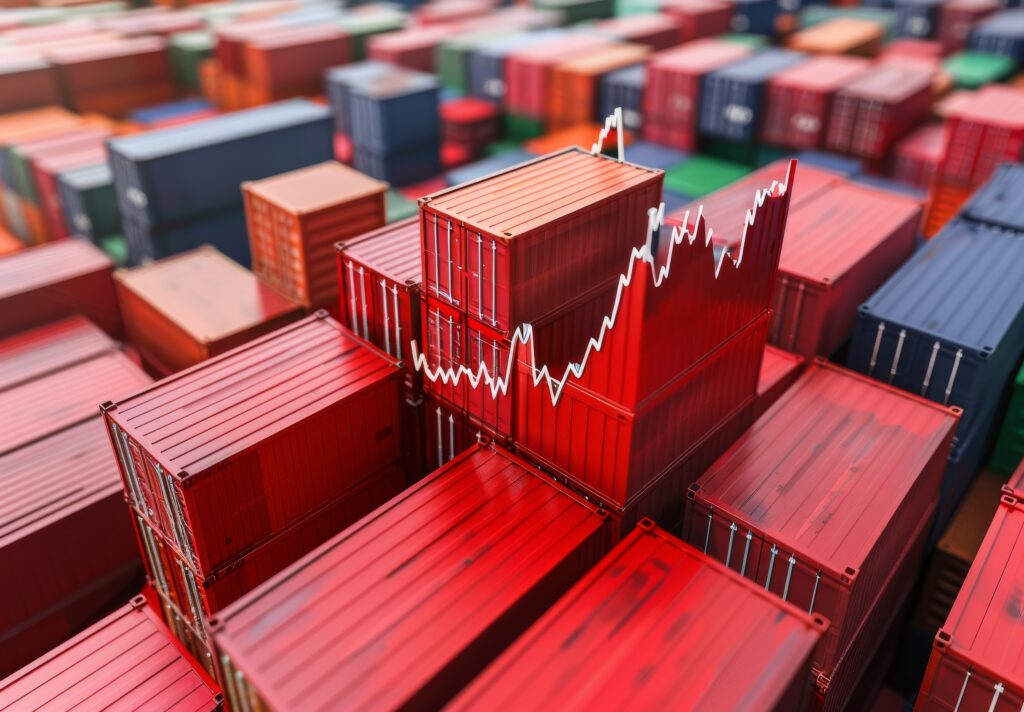
U.S. Trade Representative Katherine Tai today released the following statement concerning the statutory review of the tariff actions in the Section 301 investigation of China’s Acts, Policies, and Practices Related to Technology Transfer, Intellectual Property, and Innovation:
“After thorough review of the statutory report on Section 301 tariffs, and having considered my advice, President Biden is directing me to take further action to encourage the elimination of the People’s Republic of China’s unfair technology transfer-related policies and practices that continue to burden U.S. commerce and harm American workers and businesses,” said Ambassador Katherine Tai.
“As the President recognizes in his memorandum, while the tariffs have been effective in encouraging the PRC to take some steps to address the issues identified in the Section 301 investigation, further action is required.
“In light of President Biden’s direction, I will be proposing modifications to the China tariffs under Section 301 to confront the PRC’s unfair policies and practices. From the beginning of the Biden-Harris Administration, I have been committed to using every lever of my office to promote American jobs and investments, and these recommendations are no different. Today, we serve our statutory goal to stop the PRC’s harmful technology transfer-related acts, policies, and practices, including its cyber intrusions and cyber theft. I take this charge seriously, and I will continue to work with my partners across sectors to ensure any action complements the Biden-Harris Administration’s efforts to expand opportunities for American workers and manufacturers.”
The Section 301 statute directs that the four-year review includes a consideration of: the effectiveness of the tariff actions in achieving the objective of the investigation; other actions that could be taken; and the overall effects of the tariff actions on the U.S. economy. The Office of the U.S. Trade Representative’s (USTR) Report addresses the statutory elements of the review, suggests modifications to strengthen the actions, and makes certain recommendations.
To encourage further elimination of the PRC’s technology transfer-related acts, policies, and practices, Ambassador Tai has recommended that products from the PRC currently subject to Section 301 tariffs should remain. Additionally, in light of the increased burden on U.S. commerce, President Biden is directing Ambassador Tai to take action to add or increase tariffs for certain products. As the Report details, Ambassador Tai will propose the following modifications in strategic sectors:
Battery parts (non-lithium-ion batteries) Increase rate to 25% in 2024 Electric vehicles Increase rate to 100% in 2024 Facemasks Increase rate to 25% in 2024 Lithium-ion electrical vehicle batteries Increase rate to 25% in 2024 Lithium-ion non-electrical vehicle batteries Increase rate to 25% in 2026 Medical gloves Increase rate to 25% in 2026 Natural graphite Increase rate to 25% in 2026 Other critical minerals Increase rate to 25% in 2024 Permanent magnets Increase rate to 25% in 2026 Semiconductors Increase rate to 50% in 2025 Ship to shore cranes Increase rate to 25% in 2024 Solar cells (whether or not assembled into modules) Increase rate to 50% in 2024 Steel and aluminum products Increase rate to 25% in 2024 Syringes and needles Increase rate to 50% in 2024 The Report also makes recommendations for: (1) establishing an exclusion process targeting machinery used in domestic manufacturing, including proposals for 19 exclusions for certain solar manufacturing equipment; (2) allocating additional funds to United States Customs and Border Protection for greater enforcement of Section 301 actions; (3) greater collaboration and cooperation between private companies and government authorities to combat state-sponsored technology theft; and (4) continuing to assess approaches to support diversification of supply chains to enhance our own supply chain resilience.
President Biden is also directing Ambassador Tai to establish an exclusion process for machinery used in domestic manufacturing and to prioritize, in particular, exclusions for certain solar manufacturing equipment.
Next week, USTR will issue a Federal Register notice announcing procedures for interested persons to comment on the proposed modifications and information concerning an exclusion process for machinery used in domestic manufacturing.
Read more here.



